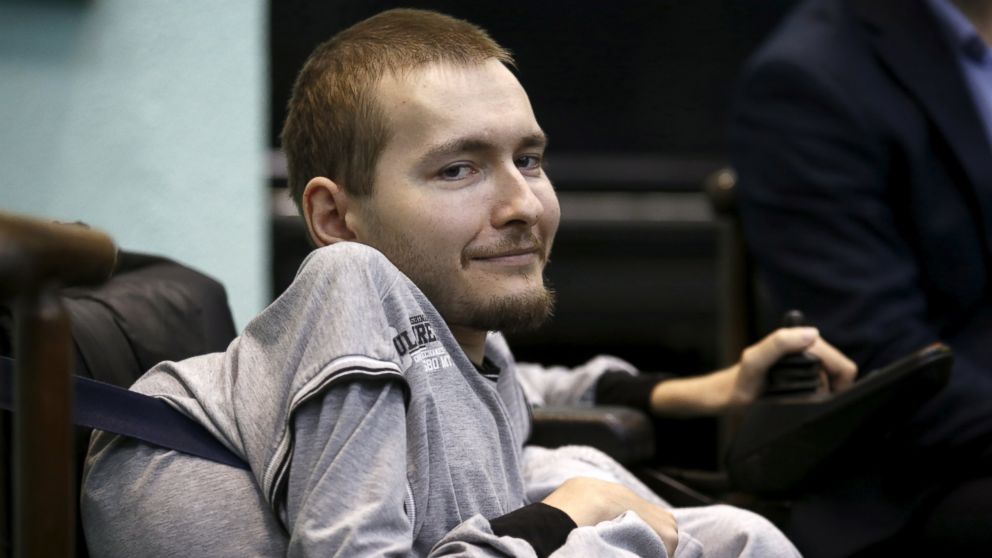Doctor Aims to Perform Head Transplant in 2017, Experts Remain Skeptical
A patient has reportedly agreed to be a part of the experimental procedure.

— -- A team of researchers led by an Italian surgeon say they are planning to perform the first human head transplant in 2017 and have even recruited a volunteer, but experts remain skeptical of the experimental procedure.
Dr. Sergio Canavero, director of the Turin Advanced Neuromodulation Group, Turin, Italy, has proposed in two published medical articles that a head transplant is possible, thanks to new technology.
The technology allows for the body to be cooled during surgery and there are new tools that create a cleaner cut on the spinal cord and machines that allow people to be on bypass during surgery.
The team wants to go through with the procedure in December 2017, according to new reports on AFP and Central European News. One surgeon reportedly involved in the procedure, Dr. Ren Xiaoping, said the team will go through with the surgery only if future research supports their plan.
When contacted by ABC News at the Turin Advanced Neuromodulation Group, a representative said no further information would be released until October.
Russian-born Valery Sprinidov has agreed to be the first patient to undergo the procedure, according to the AFP. Sprinidov reportedly has Werdnig-Hoffmann disease, which causes atrophy of the muscles.
However, experts in the U.S. say they are extremely skeptical that the procedure is feasible and say it would be unethical to perform the procedure when it hasn't been proven in earlier animal studies.
Dr. Thomas Cochrane, a director of neuroethics at the Center for Bioethics at Harvard Medical School, said those with experience in the field say it will be nearly impossible for Canavero and his team to create enough evidence in two years that would allow him to ethically go through with the procedure.
"Nobody believes it until he produces x, y and z [in] animals studies in particular," Cochrane told ABC News.
Even if surgeons were able to attach a head to new body and not have the transplant be rejected, it likely wouldn't lead to a better quality of life, Cochrane said.
"And we’re not anywhere close to solving the problem of connecting the brain to spinal cord," Cochrane said. "Your only other option is to have a brain-computer interface that controls the body. We’re not really close to that either."
Art Caplan, director of medical ethics at NYU Langone Medical Center in New York, questioned why the surgeons wanted to attempt such a difficult procedure, pointing out that if they had technology to fuse together spinal cords they could use it on patients paralyzed by spinal cord injuries to help them heal.
"If you do this, you wouldn’t start with a head transplant. You’d start with spinal cord repair," Caplan said. "If you can make spinal cord work, you’d go fix them before doing this. ... I think the odds of this happening are slim to none."
Dr. Ren Xiaoping has been testing head transplants in mice, but the mice have not survived past a day, according to the Wall Street Journal.
Dr. Michael DeGeorgia, a neurologist at University Hospitals Case Medical Center, said without proper study and with Canavero grabbing headlines, he worries the story could overtake the actual science.




